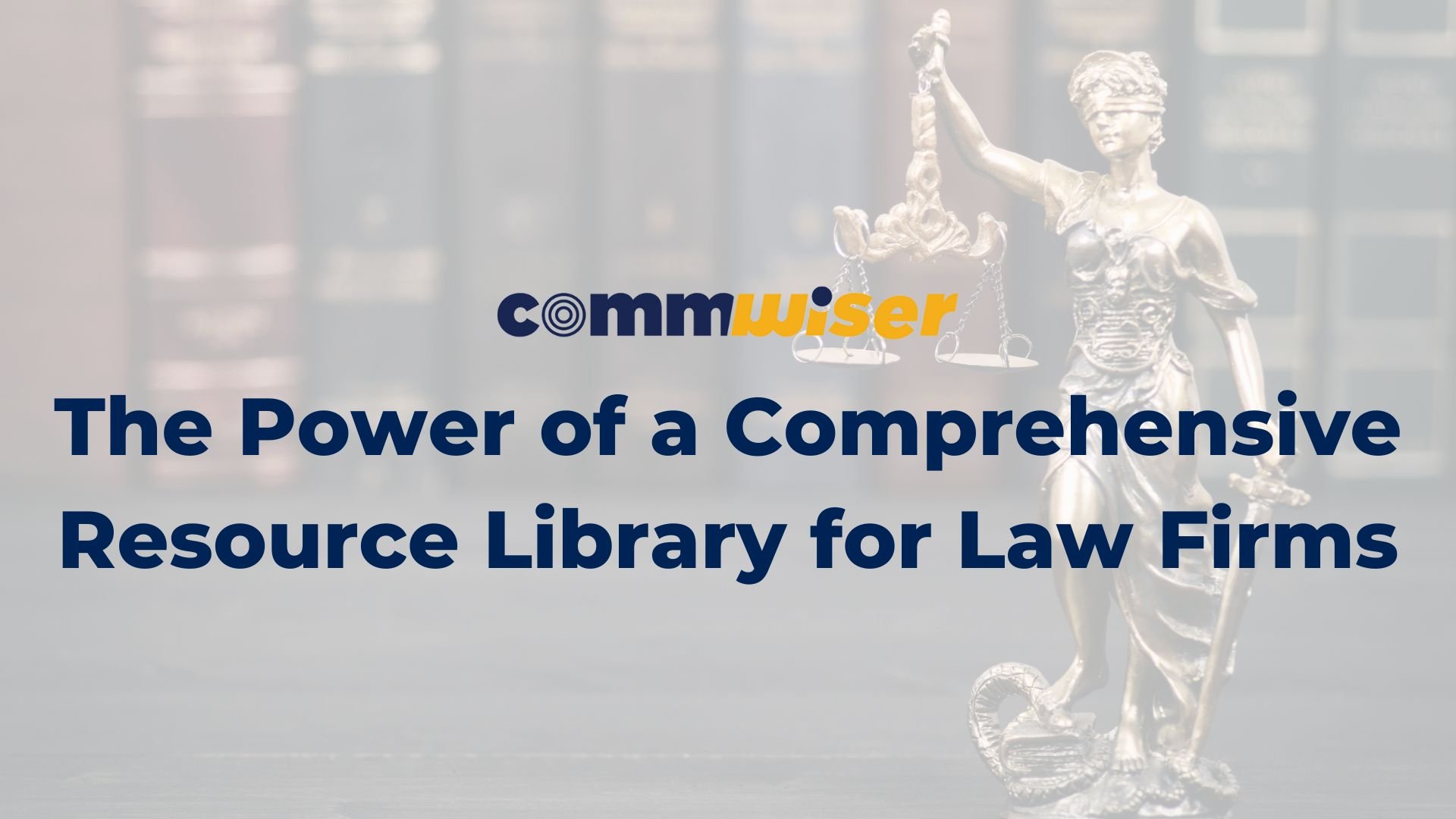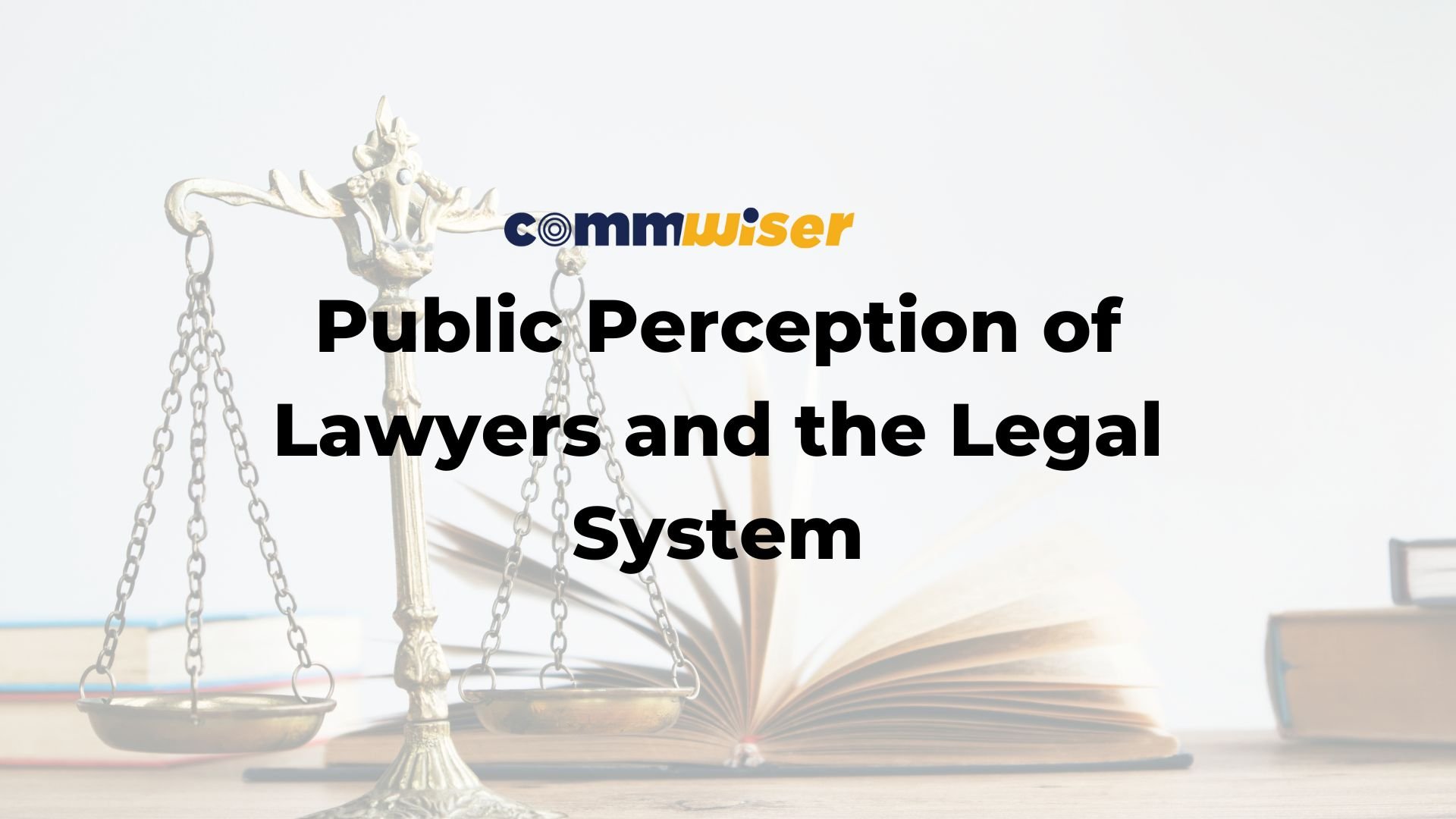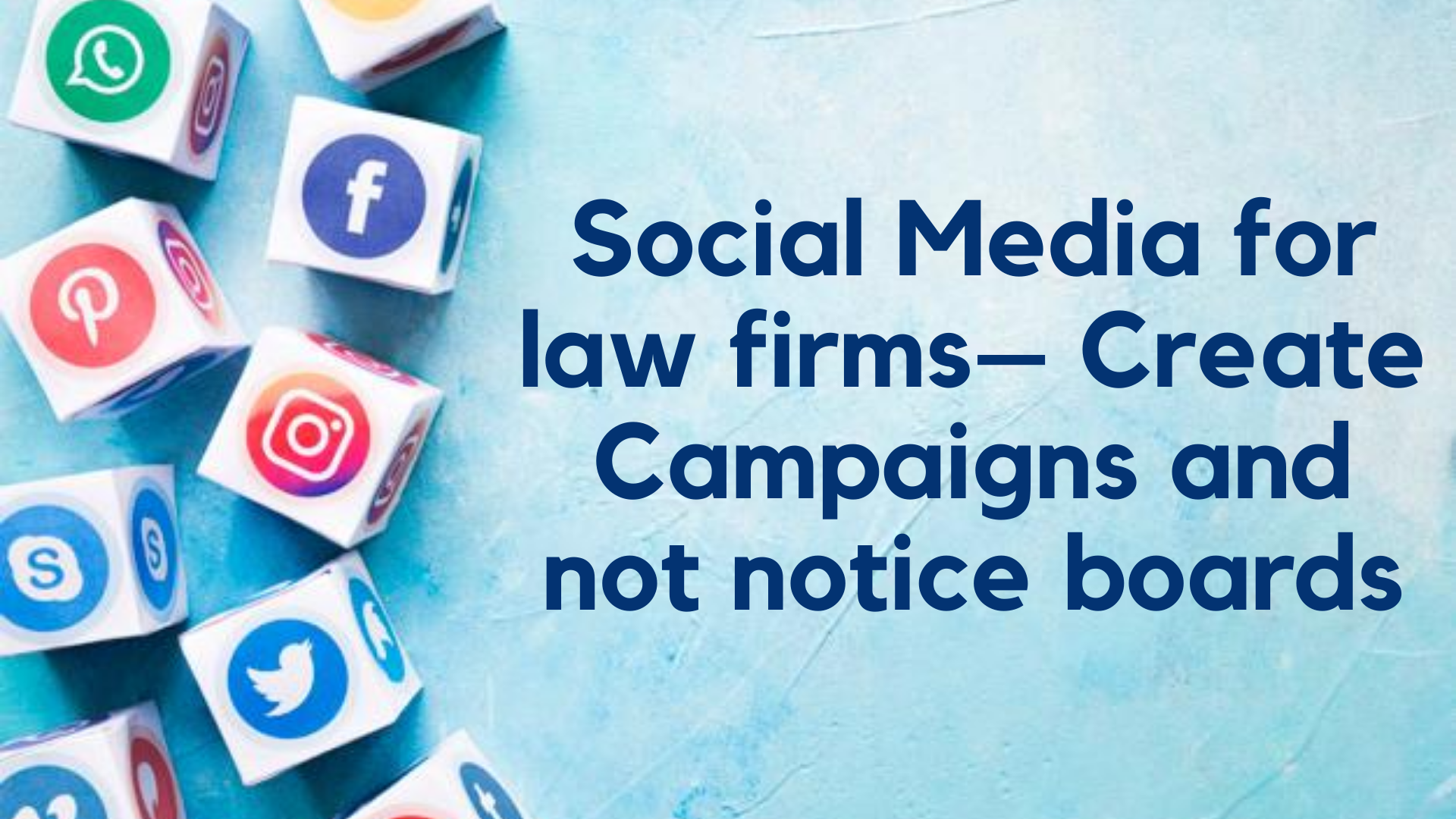The Power of a Comprehensive Resource Library for Law Firms
: Abhishek
: 17-08-2023
Having a Law firm website is essential for establishing a strong online presence in the digital age. It has become an indispensable point of contact for potential clients seeking legal services. Today, a law firm website isn’t just a platform to showcase a law firm’s profile. It’s more than that! It provides insights into a firm’s expertise, values, and reputation and influences the decision-making process of a potential client. A significant part of this can be achieved by having a dedicated resource library.
A resource library is a key element in improving the effectiveness of a law firm’s website. It provides a wealth of legal content, including articles, case studies, and guides, designed to educate and inform visitors on various legal topics. It reflects the law firm’s commitment to empowering clients by providing accessible information that helps individuals understand complex legal issues.
By incorporating a resource base, a law firm’s website increases its credibility and creates a trustworthy and reliable source of information for users. A sound resource library with a good SEO strategy can help the website get more visitors. It proves the firm’s expertise and encourages potential clients to use its services for their legal needs.
What goes into making a resource library?
A resource library is a curated collection of valuable and informative content on a website under various names like Thought Centre, Knowledge Centre, Blogs, etc. In the context of a law firm, a resource library typically consists of multiple materials aimed at educating and assisting clients and prospects with their legal needs.
- Long-Form Articles: These are in-depth legal articles that explore complex legal topics, provide case analyses, and offer expert insights on specific areas of law. Long-form articles help clients better understand legal matters and their implications.
- Current News and Updates: This section provides the latest legal developments, changes in legislation, court decisions, and relevant news in the legal domain. Clients can stay informed about any legal changes that might affect their interests.
- Frequently Asked Questions (FAQs): The FAQs respond to frequently asked legal queries and client concerns. Clients may easily discover short solutions to their questions by regularly having content pieces that include trending FAQs, commonly asked questions from the internet, etc.
- Case Studies: Real-time case studies can demonstrate how legal concepts are used in practice and highlight the favourable results attained for clients in prior situations.
- Guest Column: Inviting legal experts, industry professionals, and thought leaders to contribute guest columns on relevant legal topics is a common practice. Guest columns add diversity to the content and offer different perspectives, enhancing the library’s credibility.
- Newsletter: A periodic newsletter curates important legal updates, recent deals & transactions, highlights relevant articles and provides insights into emerging legal trends. Newsletters help keep clients engaged and informed on the firm’s activity regularly.
- Blog: An interactive platform with timely and interesting blog postings on various legal topics. Blogs can discuss current events, legal analysis, and useful advice, fostering dialogue and connections with readers. They’re usually 600-800 words and add great value to a firm’s website.
How can a resource library enhance the credibility and authority of law firms?
A well-organized and informative library can enhance the credibility of law firms in several ways –
- It demonstrates the firm’s expertise and showcases its depth of knowledge in various legal domains.
- It provides educational value to readers, thereby building trust and positioning the firm as a reliable source of legal information.
- A regularly updated resource library allows law firms to establish themselves as thought leaders, and this enhances the firm’s reputation as a go-to authority, not just for clients but also for legal professionals and the media.
- A well-equipped resource library helps clients with the knowledge they need to make informed legal decisions. An empowered client who understands their legal options is more likely to engage with the firm and trust its advice and recommendations.
- Relevant content can improve the firm’s SEO, which means that potential clients searching for legal information online would very likely stumble upon the law firm’s website, leading to an increase in the firm’s online visibility and credibility.
- It can attract media attention and PR opportunities, leading to interviews and articles featuring the firm and its lawyers. The firm gets good exposure and reinforces its position as a credible source amongst contemporaries.
Once established, a good resource library continues to provide value over time. It becomes an indispensable knowledge repository highlighting commitment to staying current and relevant in this ever-evolving legal landscape.
Best practices for creating a resource library
- Determine your audience: Identifying your target audience before creating a resource library is essential. This will help you curate content that is relevant and useful to them.
- Organize your content: Once you have identified your audience, organize your content in a way that is easy to navigate and search. Use categories and tags to help users find what they need quickly.
- Keep it up-to-date: A resource library is only useful if it is kept up-to-date. Always periodically review and update your content to remain relevant and accurate.
- Use a variety of formats: People have different learning styles, so it’s important to include resources in various forms, such as articles, case studies, newsletters, blogs, videos, and podcasts.
- Make it visually appealing: A resource library is more likely to be used. Use images, graphics, and colours to make your library more engaging and user-friendly.
A resource library on a law firm’s website boosts credibility, authority, and client trust. Offering diverse, informative content establishes the firm as a knowledgeable legal resource. Concurrently, investing in organic search traffic and SEO strengthens online presence, attracting qualified leads and improving performance. Adhering to best practices in resource library creation positions law firms as industry leaders, benefiting clients and prospects alike.

































